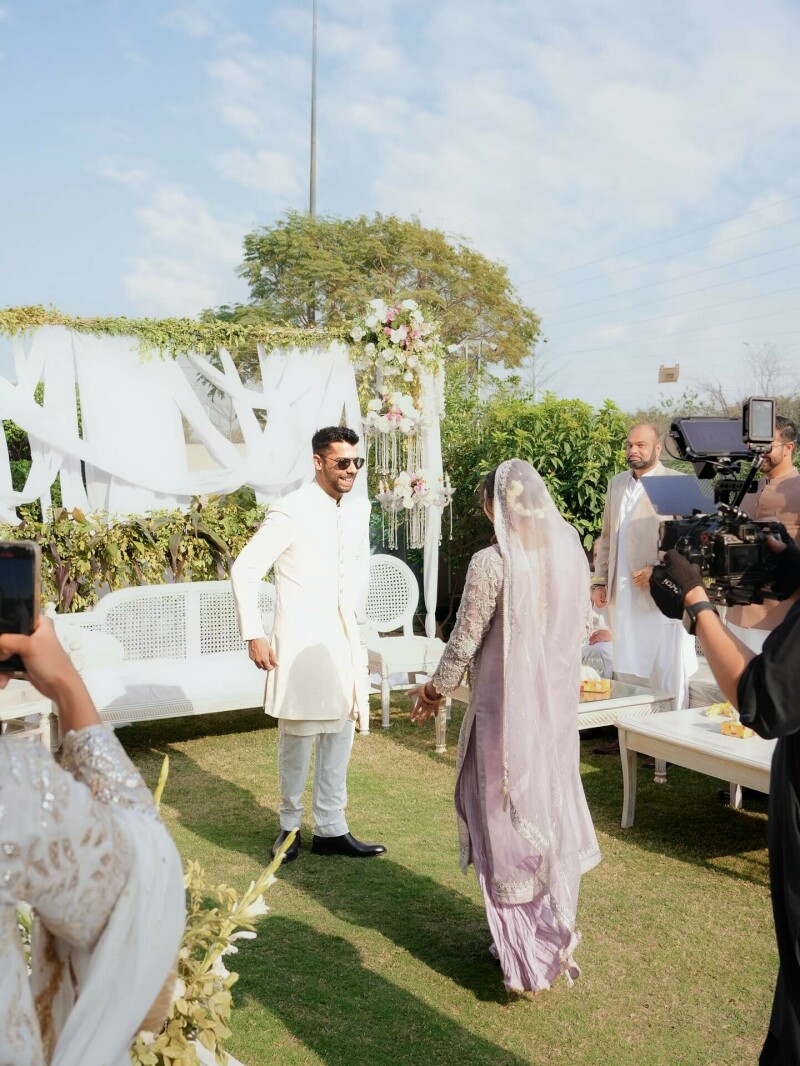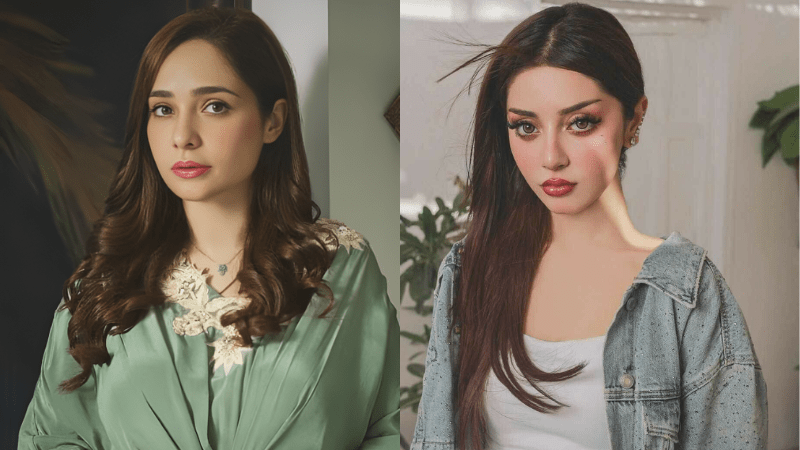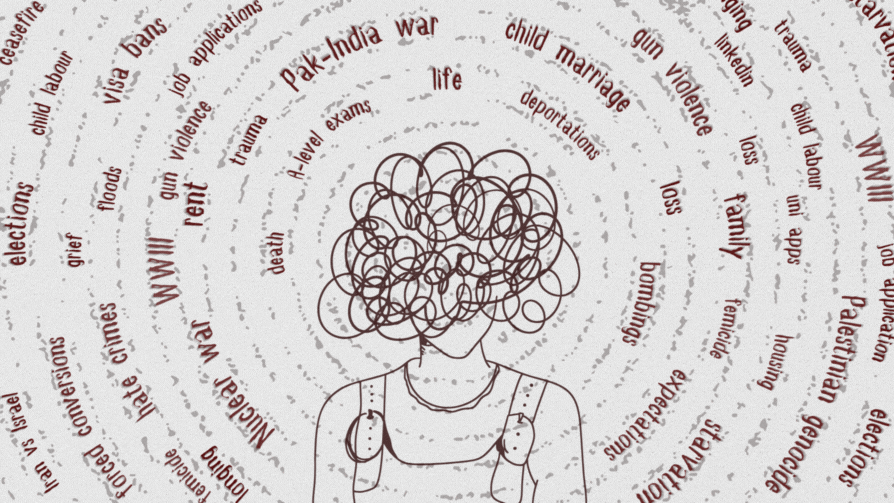We’re a patriarchy teetering on the edge of fundamentalism, says Feryal Ali Gauhar
With International Women’s Day upon us, several attempts are being made to incorporate women into the professional mainstream of Pakistani society. Milestones such as Sharmeen Obaid-Chinoy’s double Oscar win offer hope, but is it too soon to celebrate?
To understand the pressures and perversions associated with women’s portrayal in the media, Dawn spoke to Feryal Ali Gauhar, a political economist, filmmaker, author and celebrated television personality and asked her what more can be done to improve the situation.
Dawn: In your experience, what challenges do women face as members of the media, particularly as filmmakers and authors?
Feryal Ali Gauhar: In the electronic media such as television, women have largely been objectified, and have rarely held editorial posts. Even when they are owners, they cater to the prevailing forces of the market and encourage programming which garner or yield revenue.
Women in the media may be making waves, but not necessarily for the right reasons. The challenges women face stem from patriarchal attitudes towards women who are considered to be at the bottom-end of the dominance-submission dynamic.
Women are seen and treated as ‘victims’ and ‘objects’ and are divested of active power. This is reflected in not only entertainment programmes, but also current affairs and even news broadcasts. There are exceptions of course, but it is really too early to celebrate.
I would like to see the day when women who bring charges of sexual harassment against a male colleague are treated with respect and not disparaged, unlike the alleged perpetrator who is often lionised for his ‘guts’ and ‘bravado’. As far as writing is concerned, I believe women have a more level playing field and the physicality of being a woman does not interfere with how her writing is received or perceived.
Dawn: Mainstream Pakistani TV shows and films still seem to write women as stereotypes. Why do you think this is and how can this be changed?
Feryal: Clearly, the content of television and film scripts must be contextualised within the society which produces them. We are a patriarchal, feudal society, teetering on the edge of the abyss of narrow, obscurantist and fundamentalist interpretations of Islam, where the positioning of women is almost echoed by older, more conservative theological frameworks.
The legitimacy of women in such societies is derived from her relationships with men – as a daughter, mother, wife, sister. A woman on her own is seen outside of the paradigm, and is perhaps considered a threat to the ‘normative values’ preached by these ideologies.
It is therefore comfortable for creators of such programming to perpetrate the formation of images, which are seen as desirable in this context, and to disparage those which challenge these notions.
In the cinema in particular, the two diametrically-opposed images of women, i.e. the ‘sati savatri’ or vestal virgin, is seen in contrast to the vamp or the ‘fahasha’.
This situation can only change if more writers, directors, producers consciously insert the alternate images through the fissures of these cardboard cut-out images which are neither human nor humane.
Dawn: Sharmeen Obaid-Chinoy’s Oscar-winning documentary has garnered some criticism for showing the “negative side” of Pakistani society. In your experience, what role can documentaries play in addressing issues that have been ignored?
Feryal: It is a well-known adage that bad news sells – this is tragic, but then tragedy has a voyeuristic quality to it that is not necessarily matched by the sharing of joy.
But that is not to say that Sharmeen exploits this voyeuristic aspect of the media in her work. I commend her highly for choosing her subjects wisely. My work on a feature film – Pezwaan, or The Nose Ring, was also based on a true story of an honour killing. It was on location in Kohistan, the first and only time a film had been shot there.
But there were no private channels in 1994 that could have aired it, and it was heavily censored by PTV when it was screened after a struggle of over two years.
However, I do not seek the acknowledgement of western audiences as I make films for the people I work with. I am not in the business of reforming society, rather, I use several mediums to express my concerns – if my work generates interest and debate, all the better.
Dawn: Your work has focused significantly on poverty and the environment – can you talk about how you found these two key issues impact women specifically?
Feryal: Women are the poorest segment of any population in societies where stratification has resulted in gross inequities and injustice based on gender. Women are also the repositories of traditional knowledge, often derived from their very special relationship with the environment.
As nurturers of their families, they reflect the nutritive role of the environment when it is respected and cared for. With poor decision making on the part of leadership which is largely male, or where the vision is certainly not “feminist”, the resulting degradation of the environment is tantamount to the rape of the earth.
This is reflected in the deteriorating social environment for women where their security, the security of their persons and body, is jeopardised by the very fact of them being women, or powerless. Without the engagement of women in the nurturing of the earth, communities shall continue to be impoverished.
And amongst the poorest, it shall always be women who suffer the most, perpetually pregnant, poor, and powerless. The relationship of women with the environment is a key to moving communities out of poverty, as much as the need for women to be able to make decisions regarding their own bodies and fertility is crucial to empowering them in a meaningful and sustainable manner.
Originally published in Dawn, March 8th, 2016














Comments